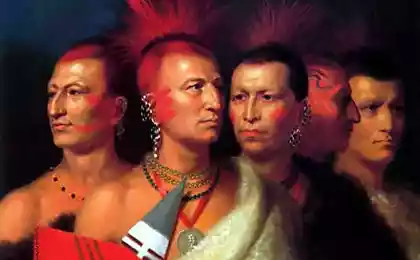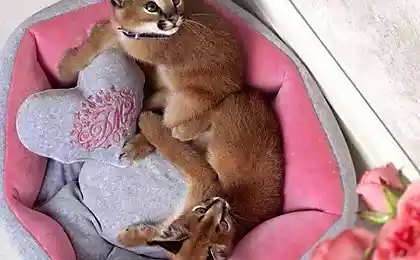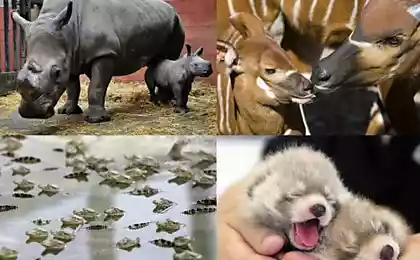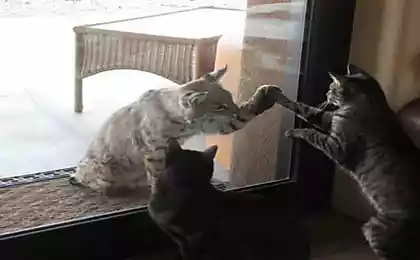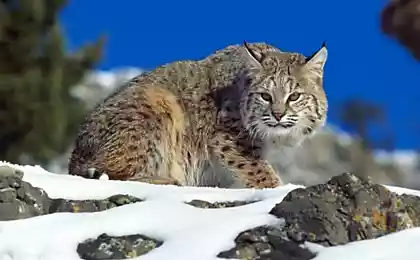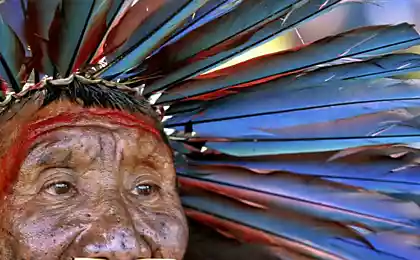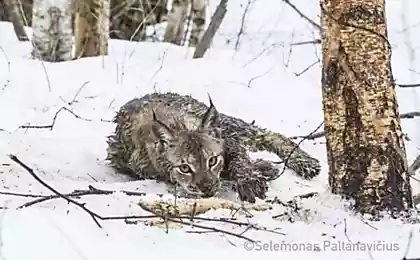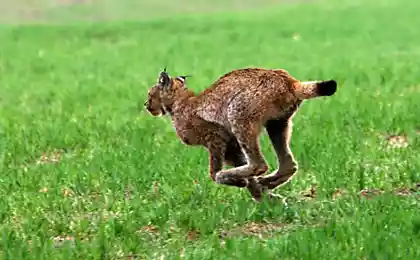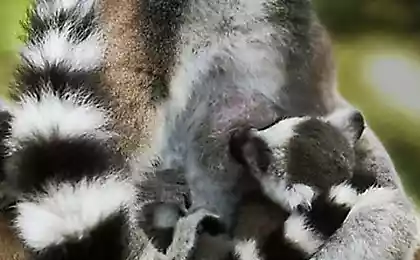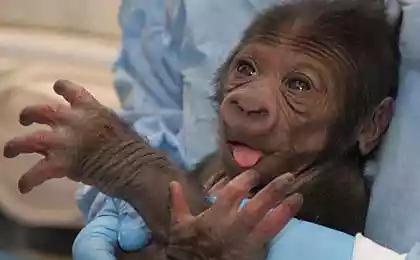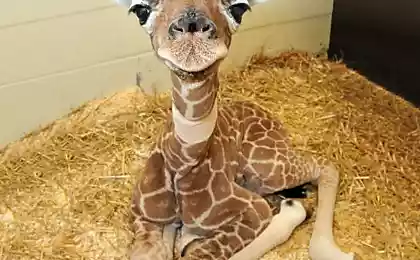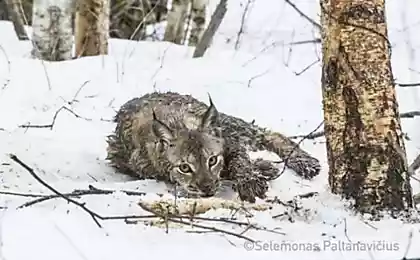394
Archaeologists found the lynx cub was the pet of the ancient Indians
In the collection of the Illinois state Museum found the remains of a lynx kitten, which was domesticated by Indians Hopwells tradition and buried more than 2,000 years ago.
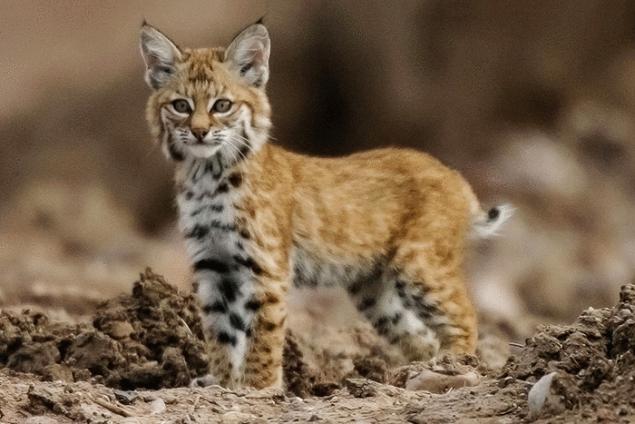
© Robert Shantz/Alamy
An unusual discovery was made by an Englishwoman Angela Perry while working on research on the ancient graves of dogs. Studying the archive, Illinois state Museum, she discovered the mistake of their colleagues: archaeologists have long believed that the skeleton belonged to a puppy, not a kitten, buried also with special respect. Proof of the special status of the lynx was a necklace of bear teeth and shells, was found next to the skeleton, and the characteristic posture, in which was the skeleton: lying on the side of the kitten were folded paws. The fact that the animal was not sacrificed, says the lack of any wounds or injuries.
A skeleton found during excavations in 1980 in the mound in the neighborhood of 22 human burials. Together they were part of the grave complex, which relates to Kopolski tradition group ancient indigenous Indian settlements that inhabited the territory from Ohio to Florida. Earlier, archaeologists found the skeletons of dogs domesticated by the Indians, but commonly animals were buried along the perimeter of the settlements, not in burial mounds. At the moment this is the only example known to archeologists the burial of wild cats, made the mound, where previously only found human remains. This finding may be one of the earliest evidence of domestication of wild animals among the indigenous people of prehistoric America. published
P. S. And remember, only by changing their consumption — together we change the world! ©
Source: theoryandpractice.ru

© Robert Shantz/Alamy
An unusual discovery was made by an Englishwoman Angela Perry while working on research on the ancient graves of dogs. Studying the archive, Illinois state Museum, she discovered the mistake of their colleagues: archaeologists have long believed that the skeleton belonged to a puppy, not a kitten, buried also with special respect. Proof of the special status of the lynx was a necklace of bear teeth and shells, was found next to the skeleton, and the characteristic posture, in which was the skeleton: lying on the side of the kitten were folded paws. The fact that the animal was not sacrificed, says the lack of any wounds or injuries.
A skeleton found during excavations in 1980 in the mound in the neighborhood of 22 human burials. Together they were part of the grave complex, which relates to Kopolski tradition group ancient indigenous Indian settlements that inhabited the territory from Ohio to Florida. Earlier, archaeologists found the skeletons of dogs domesticated by the Indians, but commonly animals were buried along the perimeter of the settlements, not in burial mounds. At the moment this is the only example known to archeologists the burial of wild cats, made the mound, where previously only found human remains. This finding may be one of the earliest evidence of domestication of wild animals among the indigenous people of prehistoric America. published
P. S. And remember, only by changing their consumption — together we change the world! ©
Source: theoryandpractice.ru
Salad Nicoise — a lightweight version of the classic Provencal salad
10 things you should teach your daughter

